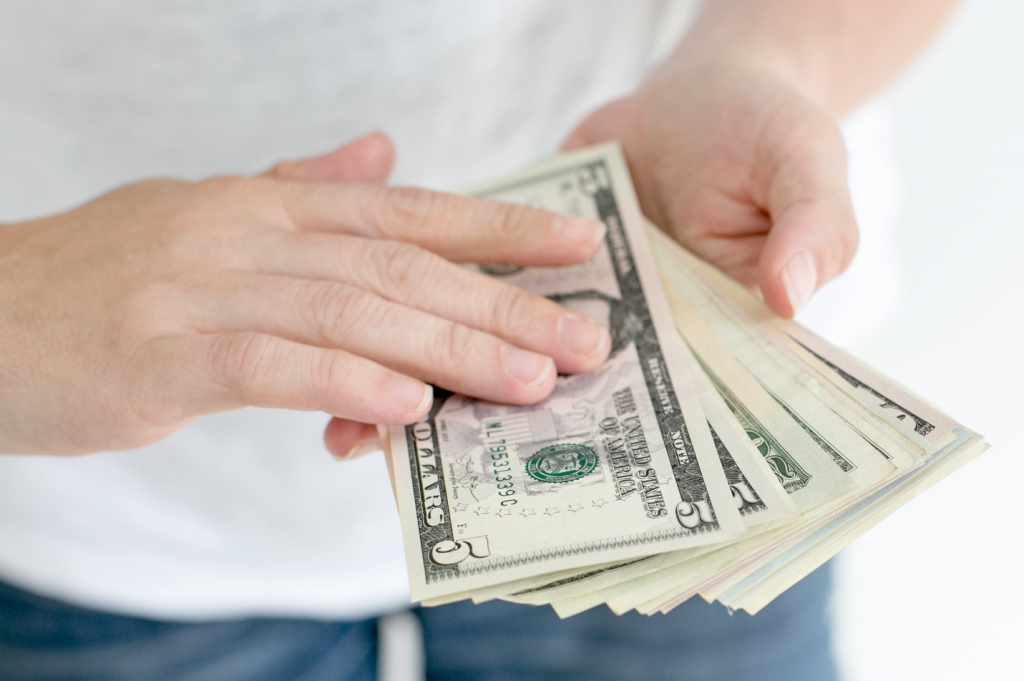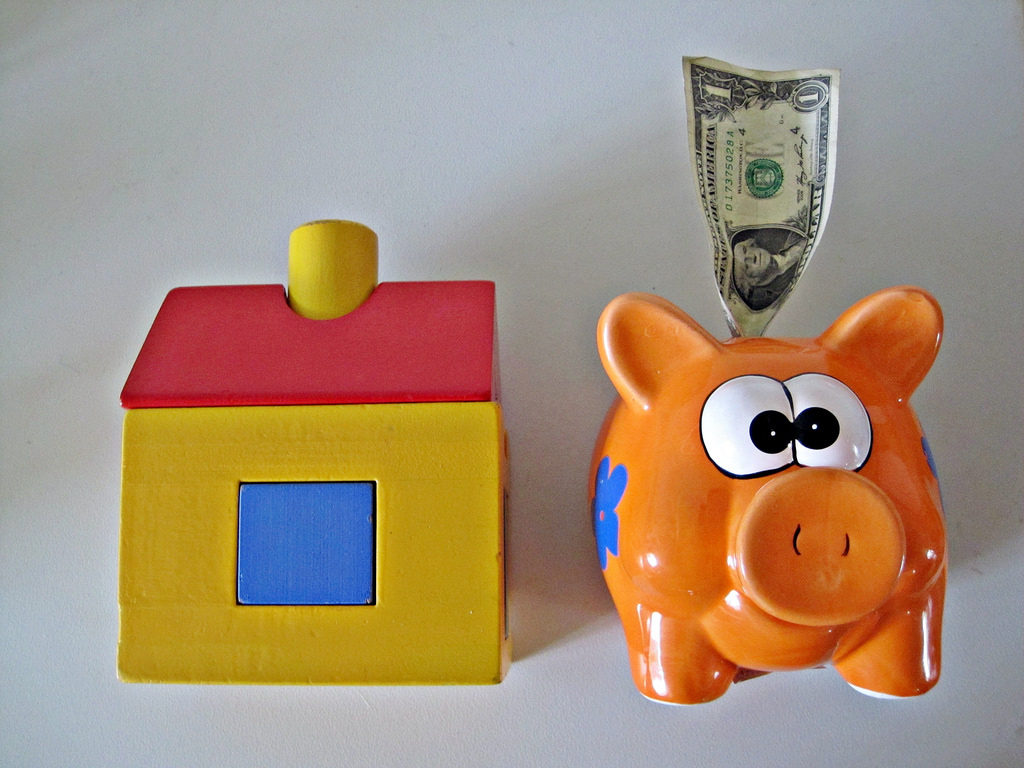You know you’re supposed to manage your money wisely. But after a car accident, household repair, and unpaid sick leave, it can be a tall order to follow. Emergencies like these drain savings and upend budgets, leaving you chasing after money to make ends meet.

The whole experience can leave you feeling like you’re at the mercy of the universe rather than a master of your cash-flow. If you’re ready to gain control of your finances, check out these four money management tips.
1. Borrow That Money
If you’re facing an unexpected emergency expense while you read this, consider borrowing money to help. Friends and family may be a surprising and generous source of money in times of stress.
If that’s not possible, don’t panic yet. Check in with financial institutions like CreditFresh to learn more about your options. Compare a CreditFresh Line of Credit by CBW Bank with similar products to see if a personal line of credit is right for your unexpected emergency.
2. Follow a Spending Plan
Being short on funds from time to time shouldn’t be a cause for alarm. Things happen, bills pile up, and sometimes, that leaves you with less money to spare.
But if you’re chronically shy of what you need when it comes to regular bills, you need to re-evaluate your budget.
Good money managers set a realistic spending plan. More importantly, they follow it!
Taking on a budget in the new year after a busy holiday spending season may feel overwhelming. But it helps you understand your money’s comings and goings, so you can prioritize bills and savings. It may even help you avoid needing a personal line of credit in an emergency.
3. Stop Being Late
Want a quick way to turn around your finances? Program your bills’ due dates into your phone, so you never forget to pay them again.
Missing even one due date may have a disastrous effect on your finances. It means you’re not only paying a late penalty but also extra in interest fees. You may even see an impact on your credit history if a financial institution reports your late payment.
4. Go Above the Minimum
A personal line of credit or credit card usually comes with a minimum payment. And when you’re short on funds, it can look incredibly attractive. You get to keep your account in good standing without having to pay off the full balance — potentially saving you a good deal.
These savings don’t stand up to scrutiny when you really think about how a minimum payment works. By making this minimum, you’ll carry over a balance that’s subject to finance charges and interest. This means the longer you carry over your balance, the more money you end up owing!
A minimum payment calculator like this one will show you just how much money you’re wasting by taking this supposed shortcut. Punch in your payment, balance, and interest rate to learn the truth.
After financial disaster strikes, you may feel like you can never become a master of your cash-flow. But don’t let these negative thoughts cloud your thinking. Focus on doing your best; every little bit counts!


